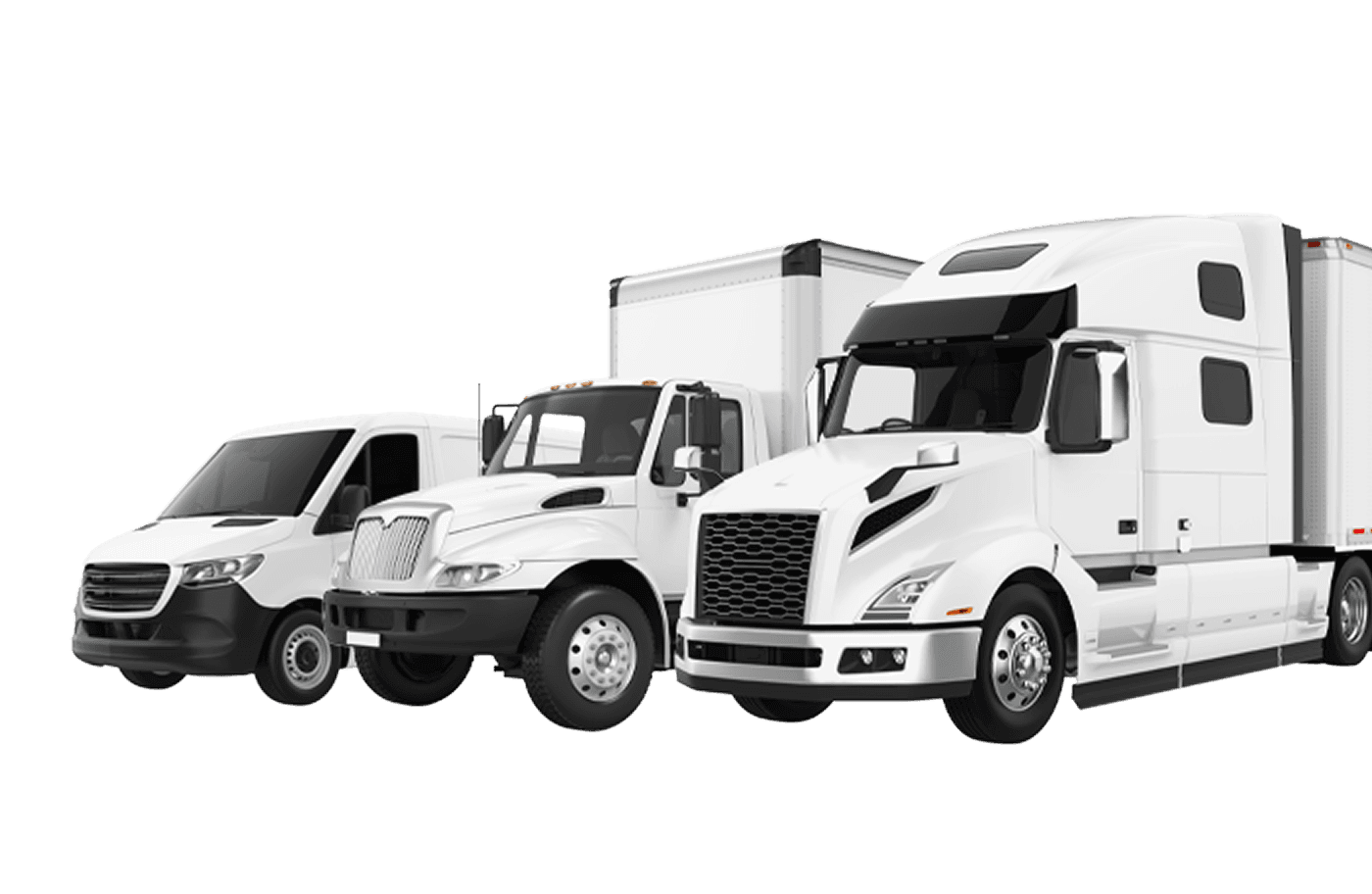Cross Dock Chicago: Balancing America’s Freight Economy in 2025
How cross dock Chicago stabilizes national freight amid cost and capacity pressures.
Unknow author
12 August 2025, 12 min read
Cross Dock Chicago — The Pulse of America’s Freight Movement
Few cities symbolize U.S. logistics like Chicago. For more than a century, it has been the country’s central interchange — where rail, truck, and air freight meet. In 2025, that role has evolved into something more strategic: balancing the national freight economy. The phrase “cross dock Chicago” now represents both the challenge and the opportunity of managing freight flow across a system strained by costs, labor shortages, and shifting demand.
In a world of unpredictable schedules, rising shipping rates, and congested ports, Chicago remains the one place where logistics can reset. Its vast web of cross-dock facilities enables the redirection, consolidation, and redistribution of freight moving between every corner of the country. What makes it indispensable is not its size, but its rhythm — a constant, adaptable heartbeat for America’s freight economy.
A System Under Pressure — And Chicago’s Response
The U.S. logistics system of 2025 is defined by imbalance. West Coast ports face chronic backlogs; East Coast terminals are crowded with imports; and the southern corridor through Texas is growing but inconsistent. In this volatile mix, cross dock Chicago acts as the national equalizer.
Here, freight from every direction converges — from Reno and Stockton in the west, from Columbus and New York in the east, from Memphis and Atlanta in the south. Cross-docking centers across Markham, Joliet, and Elk Grove Village operate around the clock, absorbing overflow, breaking down mixed loads, and rebuilding outbound freight in real time.
The city’s unique intermodal infrastructure — connecting five major railroads, two airports, and an intricate highway grid — allows logistics companies to do what few other regions can: rebalance the flow.
Cross Docking as a Shock Absorber for U.S. Supply Chains
When a container train arrives late in Chicago, it doesn’t paralyze the system — it activates it. Cross-dock teams immediately step in to strip, sort, and reload freight onto outbound trucks. In many cases, cargo never touches warehouse shelves; it simply passes through. This constant motion transforms cross-docking from a cost-saving tactic into a macroeconomic stabilizer.
• Redistribution: Loads from the West Coast are split and redirected toward East Coast distribution centers.
• Recovery: Damaged or overweight freight is repaired, reworked, and dispatched within hours.
• Consolidation: Small partial loads are combined into full truckloads to reduce transport costs.
Chicago’s logistics model thrives on compression — less idle time, fewer transfers, and faster transitions. That is why so many national carriers position their network control towers here.
Labor, Automation, and the Human Factor
The labor shortage that hit the logistics industry in 2023 hasn’t spared Chicago. Yet, its response offers lessons in adaptation. Many cross dock Chicago operations have invested heavily in automation — pallet scanners, AI-driven routing systems, and real-time dock management tools. But they’ve also retained a skilled human core that understands the nuances of complex freight handling.
In Markham, for example, a restack operation may be guided by software but executed by veteran forklift operators who can balance fragile loads by instinct. It’s this balance of human precision and machine efficiency that keeps Chicago’s logistics tempo steady even under pressure.
The city’s labor ecosystem has another strength: scale. With tens of thousands of logistics professionals and a steady pipeline of talent from local colleges and trade programs, Chicago sustains 24-hour operational density few U.S. cities can match.
Cross Docking and Cost Optimization in a High-Expense Era
Inflation has reshaped logistics economics. Warehousing rates in coastal states have soared, while fuel volatility erodes margins for long-haul trucking. In response, cross-docking has emerged as a cost-optimization strategy.
By minimizing dwell time and reducing storage dependency, cross dock Chicago operations cut overhead dramatically. Freight that once sat idle for days can now be turned around in hours. For brokers, this agility translates directly into lower detention charges and improved on-time delivery rates.
Moreover, Chicago’s strategic location allows carriers to reposition assets efficiently. Instead of hauling empty trailers across regions, they can reload on site. This reduces waste, boosts asset utilization, and stabilizes costs across fleets — a crucial advantage in an era of tight capacity.
The Network Effect — Chicago as America’s Freight Compass
Chicago’s cross-dock network doesn’t exist in isolation. It is connected to a constellation of complementary hubs: Columbus to the east, Denver and Reno to the west, and Greenville to the southeast. Together, they form a synchronized system of flow and feedback.
Within that system, Chicago acts as the compass — measuring, balancing, and redirecting movement based on national demand. Data from its cross-dock centers feeds analytics that guide decision-making for national 3PLs and carriers. When weather closes a highway in Wyoming or demand spikes in New Jersey, Chicago recalibrates the map.
This level of responsiveness transforms logistics from reactive to predictive. The freight economy doesn’t just pass through Chicago — it depends on it.
Case Insight — Turning a Problem Load into a Performance Win
Consider a major retailer’s shipment delayed en route from Los Angeles. The load arrives in Chicago three hours late, overweight on one axle, and partially collapsed. Under normal circumstances, the delay could ripple through several downstream deliveries.
Instead, the carrier redirects to a nearby cross-dock in Joliet. Within 90 minutes, the freight is offloaded, rebalanced, and reloaded across two trucks. The receiver is notified automatically via integrated tracking, and the delivery schedule is restored the same day.
This is what cross dock Chicago does daily — it turns chaos into order. Each restack, each consolidation, each reallocation is a small act of resilience that sustains the larger supply chain.
The Future: Digital Freight Ecosystems Rooted in Chicago
The next chapter of Chicago’s logistics story will be defined by integration. Digital freight ecosystems are emerging — networks that merge booking, tracking, and operations into single interfaces. Chicago is leading this shift, with smart cross-dock centers equipped with IoT sensors, AI-driven yard management, and dynamic pricing for dock space.
This evolution transforms traditional warehousing into “living infrastructure” — spaces that adapt in real time to freight demand. Cross-docking becomes a programmable process, not just a physical one.
For carriers, that means transparency and precision. For shippers, it means predictability. For Chicago, it cements its role as the irreplaceable hub of American logistics intelligence.
Conclusion: Balancing the Nation’s Freight Economy, One Dock at a Time
In 2025, cross dock Chicago is not just an industry term — it’s a concept of balance. It represents how the freight economy survives turbulence: by moving, adapting, and recalibrating constantly.
As America’s logistics map continues to decentralize, Chicago remains its anchor point. Every truck, every load, every route that touches this city benefits from its infrastructure, workforce, and culture of precision.
The city doesn’t just connect the country — it keeps it moving.
You may also like

Bridging Giants: Navigating the US-China Supply Chain in a Shifting Global Landscape
Unlocking Opportunities Amidst Geopolitical Change
0 min read

Unlocking Value Together: How the Sharing Economy Is Reshaping Logistics and Beyond
The New Age of Shared Value
0 min read

Logistics Without Limits: How Franchising Is Fueling the Next Wave of Growth in the Industry
A New Era of Scalable, High-Performance Logistics
4 min read
Streamline Your Logistics Today
Partner with Freitty for smarter, faster, and more efficient cross-docking services.
